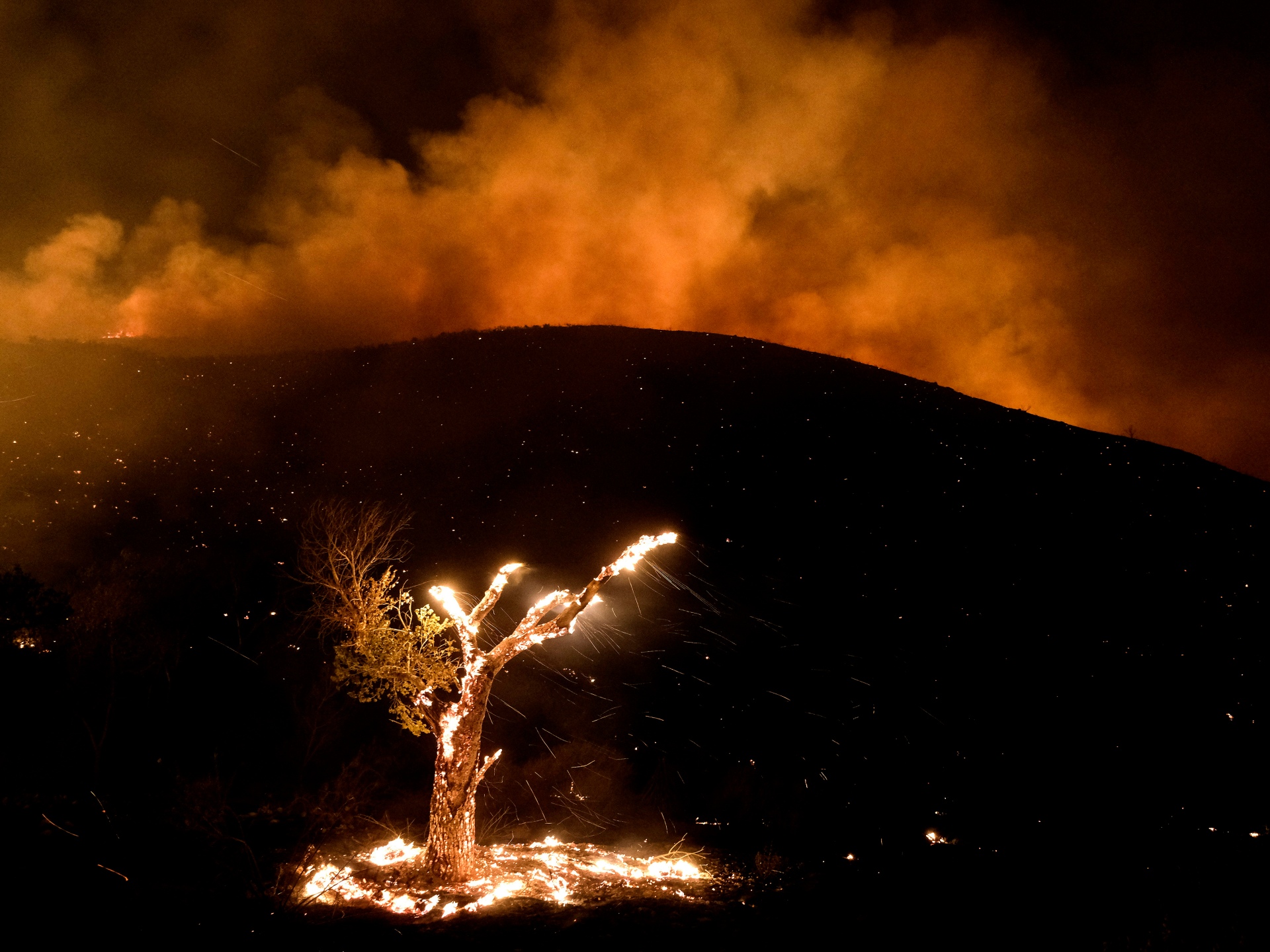A cascade of extreme weather exacerbated by climate change has devastated communities around the globe this year, including through sweltering heat and drought, wilted crops, forest fires and big rivers shrinking to a trickle.
In Pakistan, record monsoon rains inundated more than a third of the country, killing more than 1,500 people. In India and China, prolonged heat waves and droughts dried up rivers, disrupted power grids and threatened food security for billions of people. Widespread flooding and mudslides brought on by torrential rains also killed hundreds of people in South Africa, Brazil and Nigeria.
In Europe, heat waves set record temperatures in Britain and other parts of the continent, leading to severe droughts, low river flows that slowed shipping, and wildfires in many parts of the continent. Much of East Africa is still in the grips of a multi-year drought – the worst in more than 40 years, according to the United Nations – leaving millions of people vulnerable to food shortages and starvation.
An analysis by an international team of climate scientists in October found that human-caused climate change made drought across the northern hemisphere at least 20 times more likely, and warned that such extreme dry periods would become increasingly common with global heating.
The planet currently remains off track from a goal set by the Paris climate accord in 2015 to limit warming to 1.5 degrees Celsius (2.7 degrees Fahrenheit) above pre-industrial levels to avoid the worst effects of climate change.
This year might provide a glimpse of our near future, as these extreme climate events become more frequent.
